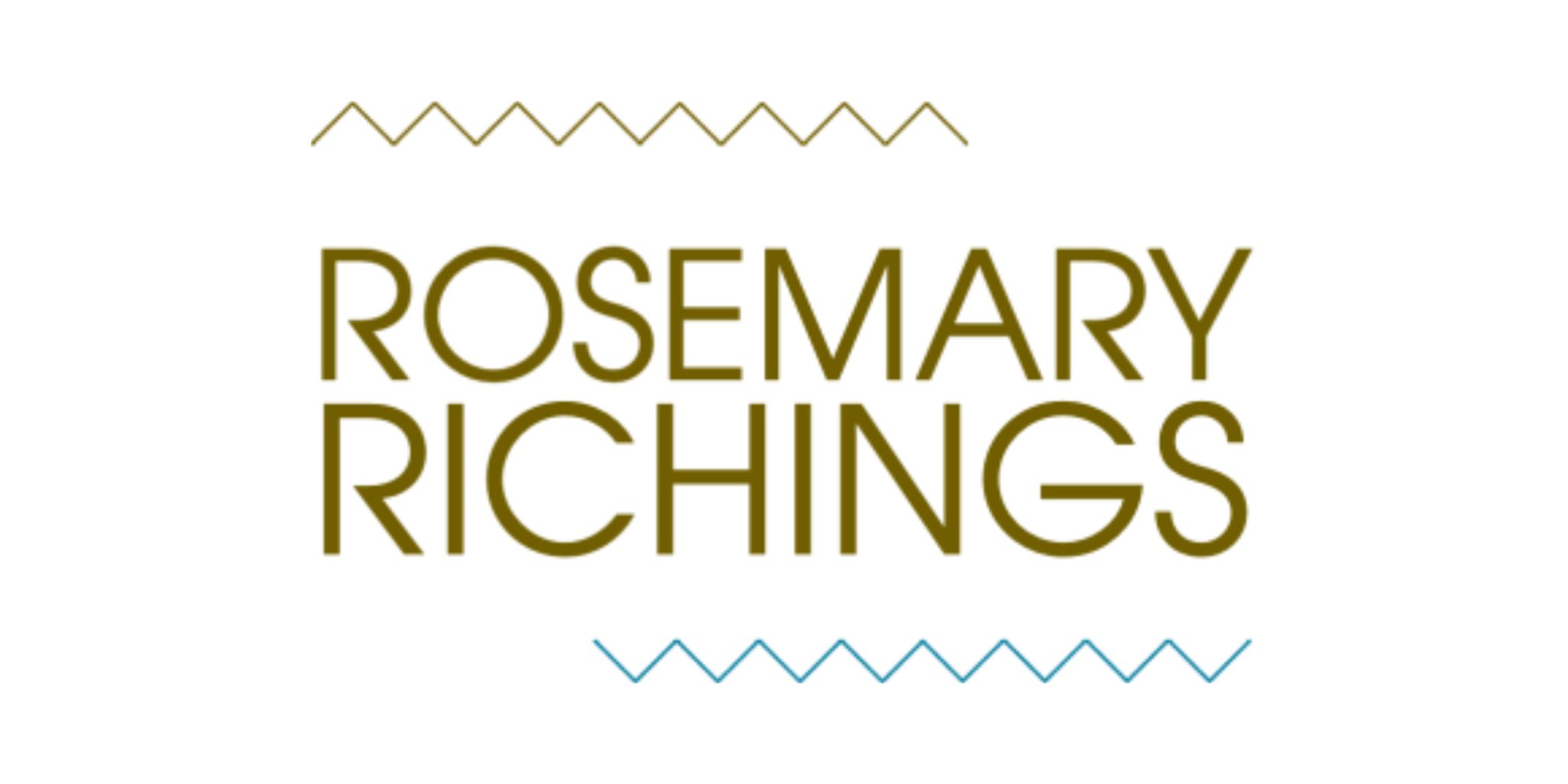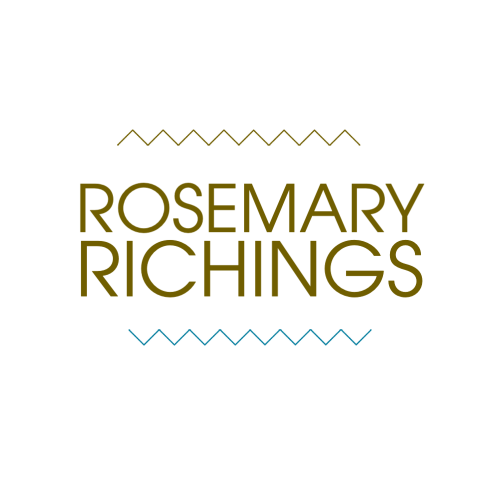The myth about flexiability exists, because we live in a society that has just as many 9-to-5 workers as independent entrepreneurs and freelancers. So there are far too many misconceptions out there about what working with an independent freelancer is like.
I first realized this when I went to a local cafe with a friend I’ve been super close with since high school, and her fiancee. I don’t quite remember how this came up but one of them asked:
“You basically work whenever you want…right?”
And I saw this as an excellent opportunity to have an open conversation about flexibility, and what my professional life is like
Before that, I had two bad experiences under my belt, which had one thing in common:
It was 100% about tension triggered by clients who expected me to be available 24/7. This led to a lot of angry phone calls:
- Early in the morning
- Late at night
- And on weekends when I didn’t instantly answer phone calls.
But I don’t think it was a specific person’s fault. I was a lot less experienced at running a business at the time. Because I had not yet learned how important it is to create healthy boundaries.
Not to mention, the clients I just mentioned had the same expectations as my friend. Because they thought that having flexibility in my schedule meant that I work whenever I feel like it.
I’m very lucky to have a great deal of flexibility in my professional life
Because I don’t actually have to work from one place.
In fact, I’ve got work done everywhere from :
- Trains and airports in multiple cities, countries, and time zones
- The waiting room of various medical appointments
- To my co-working space, apartment, and favourite coffee shops.
But I’ve placed strict limits on:
- When I’m available
- And how much work I say “yes” to on a monthly basis.
So I’ll still take advantage of the flexibility I have by choosing where I work. But responses only happen during consistent office hours.
These hours are designed to accommodate :
- My morning and evening routine
- And when I’m the most productive.
However, sometimes I’ll work all 8 of my office hours. And sometimes I won’t. A lot depends on what else is going on.
At first, I was nervous about taking this approach
But then the universe started to have a funny way of syncing up the important moments of my day with how/ when I work.
Because the mornings were always a lot more low-key. And all the important phone calls, emails, and deadlines would consistently happen in the early afternoon and evening.
Especially when having flexiability in my schedule started to also be about working with people in other time zones.
But the biggest turning point: when I started to treat my office hours like the opening and closing hours of a local retail business…
Because people were more accommodating than I expected. In fact, they were willing to wait for a response. Because I make it pretty clear that the people I work with aren’t the only client, customer, or collaborator I have to talk to in any given day.
And there’s only one condition: the clients that I work with need to know when my office hours actually are.
I also make a huge point of telling people when I’m either having a sick day, on vacation or have an appointment/ professional development-related excursion I have to go to.
When it comes to making the best of your schedule’s flexibility, the same goes for most other freelancers/ entrepreneurs as well
A majority of the people I’ve met in the entrepreneurial community have some sort of chronic health condition, are parents with small children they are eager to have more time with or all of the above. Or they’re simply individuals who work better if they control their schedule.
This means that your deadlines and needs are for sure important to them, but you have to work around all the different responsibilities that are part of their lives as well.
Knowing all this, here’s what you can do as a human being who might work with freelancers in the future
Good relationships between freelancers and their clients are a lot like good friendships, family dynamics, and relationships. Because good communication is the glue that holds it together.
This starts by giving a fair amount of advance notice before suggesting a specific deadline, and saying exactly what you need and when.
This will make it a lot easier for the freelancer you’re working with to figure out where their schedule and way of working fits into all this.
Not to mention, some sort of written documentation with what’s expected, how much it costs, and what to do if you’re not happy with the results can help reduce confusion and stress.
Because even people with flexible work hours have limits in terms of how far their flexibility can stretch.
This article was originally published on September 5th, 2019 on Medium Digest-based publication, The Startup. Since this article is part of Medium Digest’s Partner program, I encourage you to applaud the original in order to support future articles just like this one.
PS: New articles are published bi-weekly on Mondays. Browse more posts:
50+ B2B articles →
100+ writer-to-writer articles →



